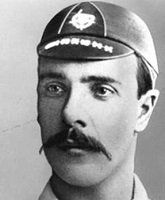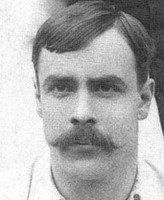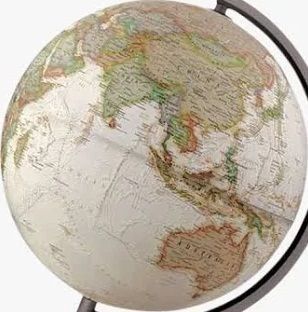

“seemed to move in quicksilver”
“Asked as to the prospects in Watford, the new manager saw no reason why Watford, with its good central position and great railway facilities, should not be able to turn out a team to occupy a respectable position on the Southern League ladder.The moment we got away from the subject of Watford you could hear the rumbling of curling stones, the swish of cricket balls, the rippling of waters "willow-wooed," and the swipes of drivers in the royal and ancient game of "gowf".Of Goodall's fishing one need say no more than that he is an angler. But John's achievements in the roaring game cannot be passed over. While at Preston he was the champion curler, and once when playing against the best of Scotia's curlers in the championship of Great Britain at Southport, he ran out second.With reference to the game of golf, Goodall knows all about long drives and good approaches, bunkers, and other hazards; the secret of keeping your eye on the ball is his, and the language thereof! Pigeon shooting also claimed his attention.The gentler game of bowling has attracted him of a summer's evening and he can put a bowl to lie dead on the jack when required. In the cricket field he has kept wicket for Derby County against Yorkshire and Warwickshire.In the new manager, Watford have a man who can be relied upon at all times to give a good account of himself in any position, particularly in the van.”
